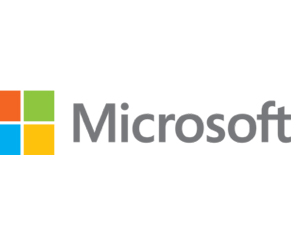By analyzing previous email interactions and user preferences, Copilot assists users in crafting clear, concise and professional communications, saving clinicians valuable time and ensuring effective communication with patients, colleagues and other stakeholders.
Martiny says this functionality not only streamlines communication processes but also enhances the overall patient experience by facilitating seamless and personalized interactions.
“Administrative tasks are an unavoidable part of any job, but this tool has been instrumental in alleviating these burdens,” he adds.
Document Summarization Saves Clinicians Valuable Time
Copilot also excels in document summarization, a critical function for overworked healthcare professionals tasked with reviewing extensive medical reports, research papers and documentation.
By swiftly summarizing complex documents, Copilot enables users to extract key information quickly, thereby supporting informed decision-making and streamlining workflows.
“This feature is particularly valuable in healthcare settings where time is of the essence, allowing healthcare professionals to focus their efforts on delivering high-quality care to patients,” says CDW Healthcare Solutions Executive Steve Wiggins.
From his perspective, it’s all about driving efficiency within the productivity application stack.
“With Copilot, you have a tool that can look at all of this data you don’t have time to scour through and read yourself,” he says.
Click the banner below to discover how to improve workflow efficiencies for clinicians.














